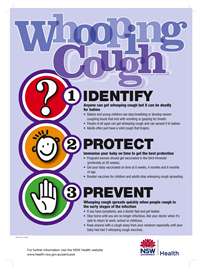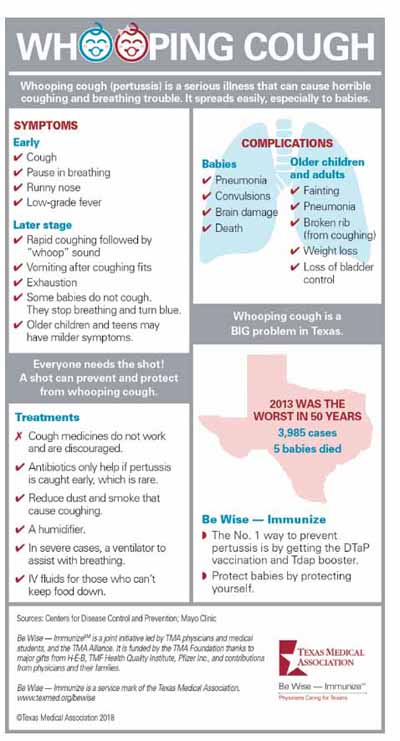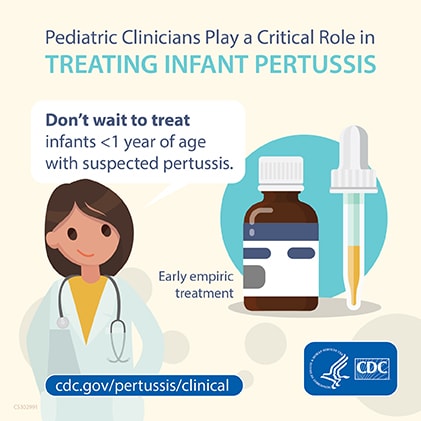Best Of The Best Info About How To Control Whooping Cough
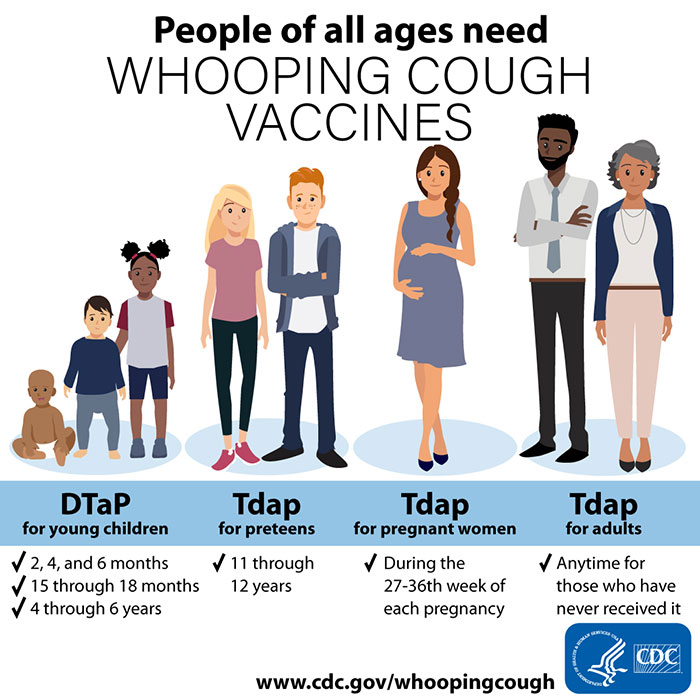
Ad vaccination can help you prevent whooping cough.
How to control whooping cough. Antibiotics are used to treat whooping cough. After cough fits, someone with pertussis often needs to take deep breaths, which result in a “whooping” sound. Breathing moist air will help.
Whooping cough is treatable with antibiotics such as erythromycin, clarithromycin, doxycycline, azithromycin, and. Ad help protect your patients against tetanus, diphtheria, & pertussis. Tdap and dtap are vaccines that can help protect against three serious diseases:
Antibiotics are most effective in the early stages of whooping cough. To recover, take cough medicine, elevate your head at night, and try natural remedies like herbal tea. There are 2 vaccines that include protection against whooping cough:
How is whooping cough treated? Get answers to frequently asked questions. When taken early antibiotics can help.
It's commonly recommended to minimize the things that can trigger the cough. With younger kids, try to keep them calm and not. Antibiotics may shorten the amount of time someone is contagious.
Clinicians can also use preventive antibiotics to protect people who have been exposed and are at high risk of developing severe. The best way to protect against pertussis is with vaccines. Since whooping cough is a bacterial infection, antibiotics are the primary course of treatment.
Antibiotic treatment to slow the spread of whooping cough. The dtap vaccine protects young children from diphtheria, tetanus, and whooping cough. How to get rid of whooping cough (pertussis) there are two vaccines often used for whooping cough prevention:
Pertussis can affect people of all ages, but can be very serious, even deadly,. Both are combination vaccines for whooping. Help prevent whooping cough by getting vaccinated.
Ad vaccination can help you prevent whooping cough. Learn about whooping cough & see the symptoms. Getting vaccinated and staying away from others when you are sick are the best ways to slow the spread of whooping cough and protect people at highest risk, like babies and pregnant women.
They are most helpful when started during the first stage of the disease. While pertussis vaccines are the most effective tool to prevent this disease, no vaccine is 100% effective. Encourage patients with respiratory symptoms to wear a surgical mask and to sit.
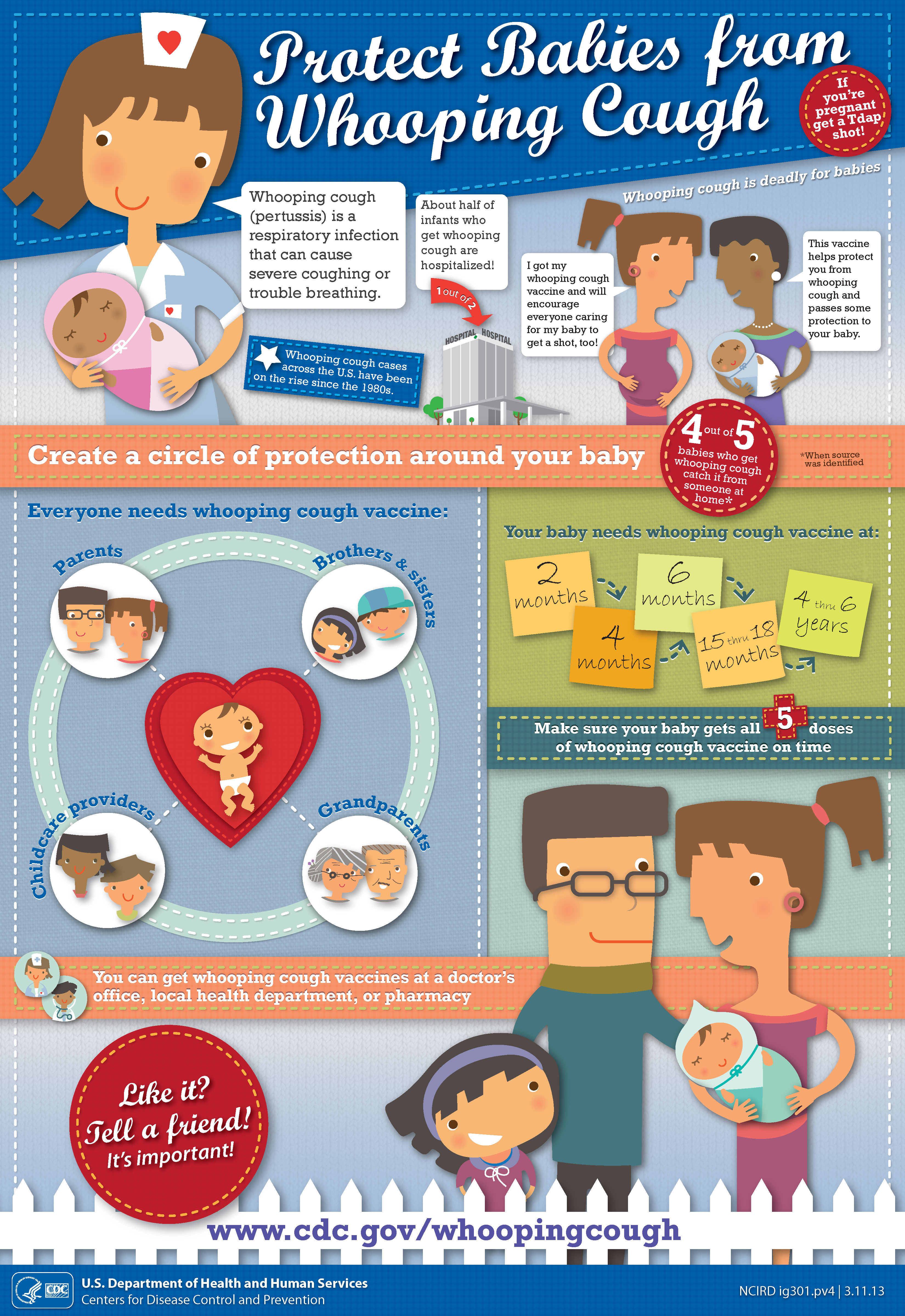
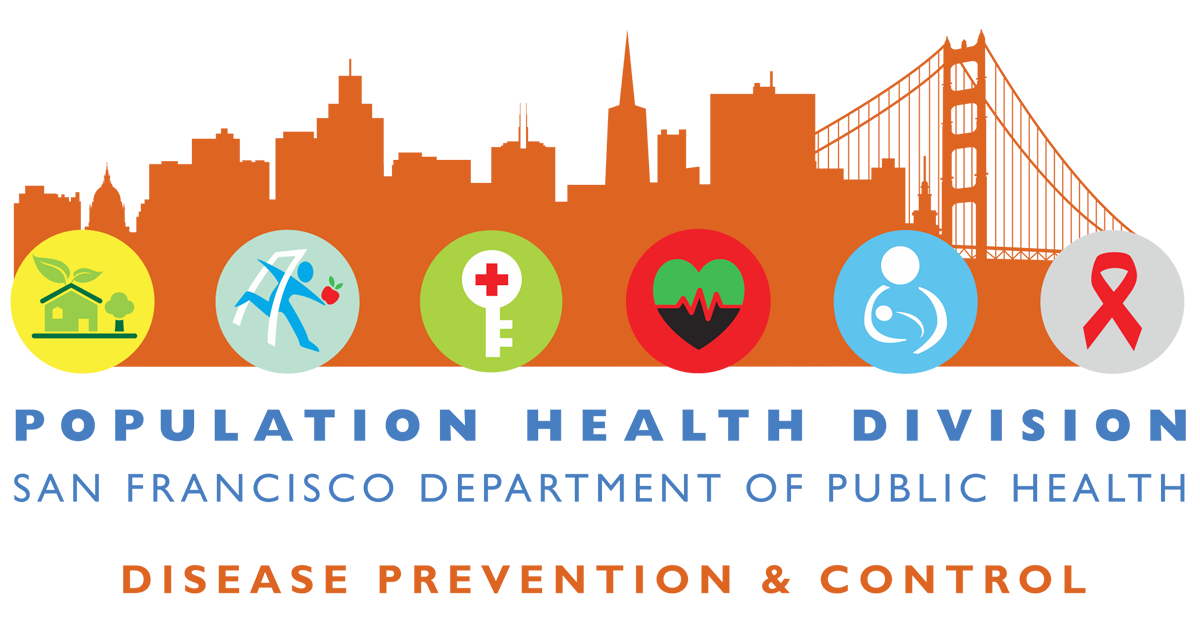


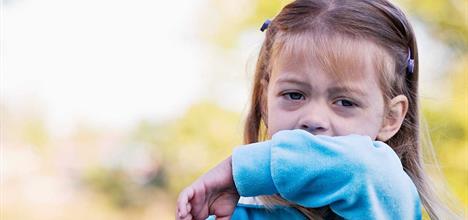


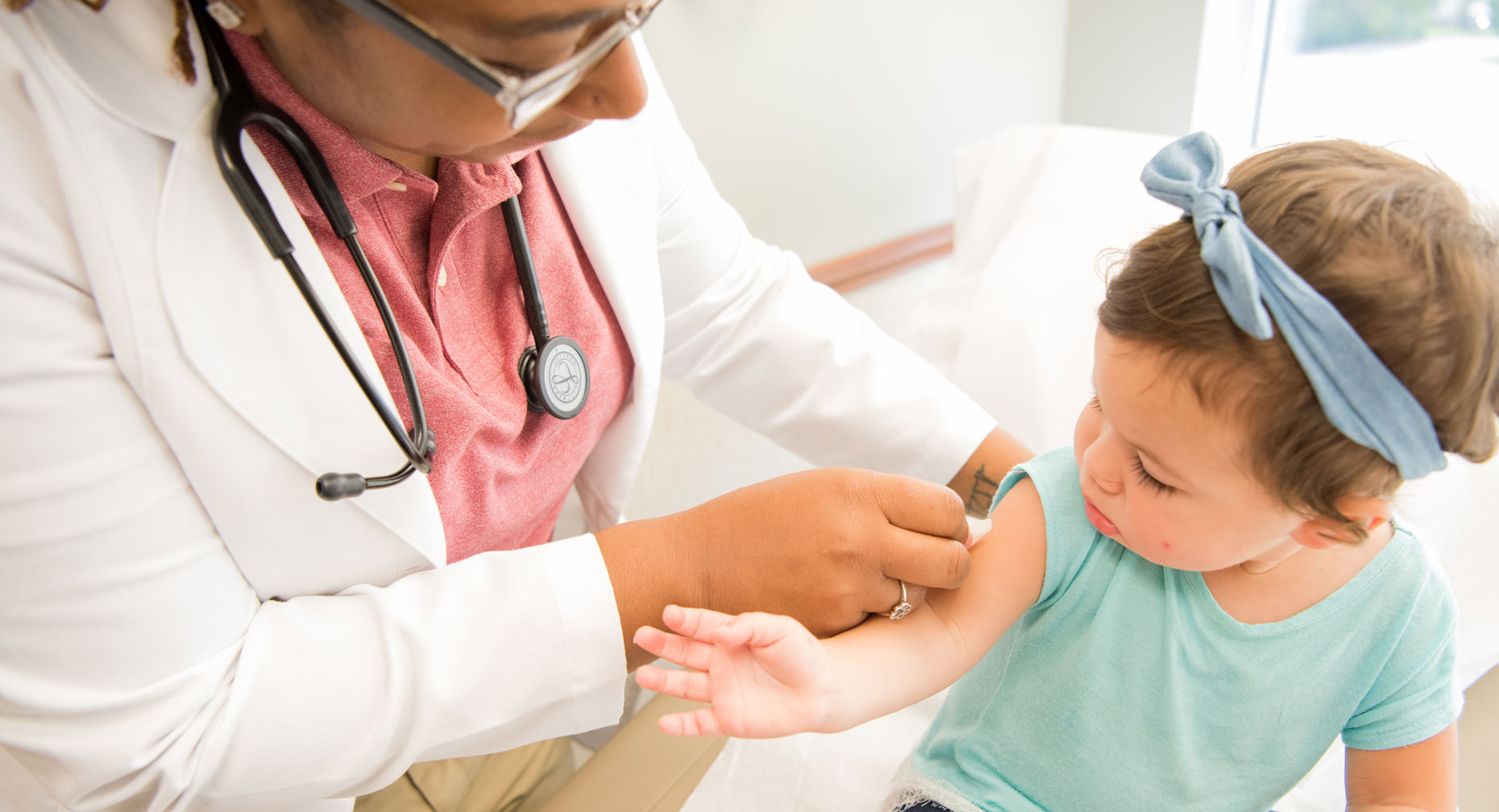

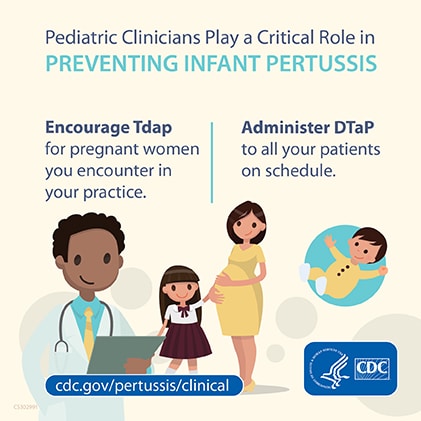
.jpg?format=webp)
